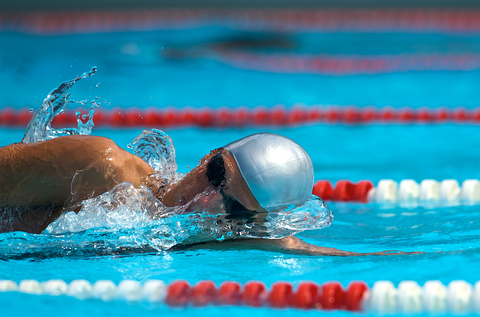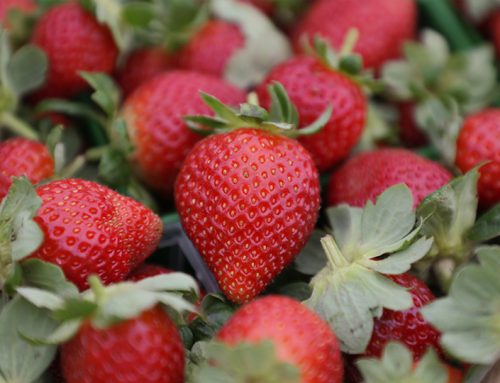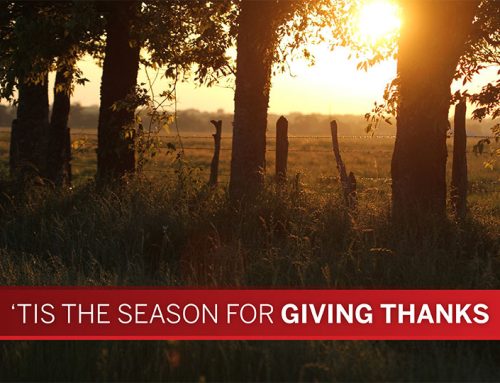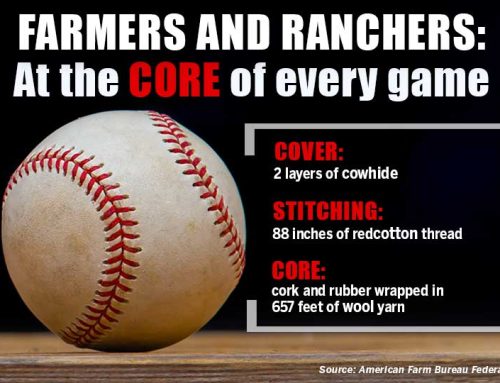By Amanda Hill
The 2012 Olympics are in full swing, and I am officially addicted. I admit, the Summer Olympics have always captivated me. As a little girl, I was glued to the TV—watching hours of gymnastics, swimming, diving and just about any other sport I could find. It’s pretty extraordinary to watch America’s finest athletes go toe-to-toe with the best in the world.
Watching these incredible athletes, you have to wonder what it takes to prepare their bodies for competition. Sure, they spend countless hours in the gym, at the pool, on the court. But they also think of food as fuel.
The Olympian diet is no accident. What Olympians eat is meticulously planned by a dietitian, weeks ahead of competition. Olympians burn thousands of calories in training, so it takes a lot of nutrient-rich food to refuel their bodies. In Beijing, Michael Phelps ate as much as 12,000 calories per day!
But it’s more than just consuming thousands of calories. Some calories pack a bigger punch than others and add greater value to the Olympian’s training. According to U.S. Olympic Committee Nutritionist Jennifer Gibson, the athletes focus on eating protein-rich meats, fresh fruits and vegetables and nuts and seeds. Olympians use food as fuel to give their bodies the nutrients they need to perform at their best. For example, rather than depending on protein powder, Gibson says most athletes prefer the nutritional value—and I’d bet the taste—of a juicy chicken breast or a cut of lean beef.
We may not be Olympic athletes, but we can take a few tips from the pros. Here’s how you can replicate winning eating habits:
- Pack a punch with nutrient-rich foods. Fresh meats, vegetables, fruit and whole grains give your body the fuel it needs to get through the day. Limit foods that don’t provide the same benefits.
- Plan ahead. Olympians follow strict eating plans to ensure top performance. While that’s not necessary for most of us, it is smart to anticipate healthy meals and snacks for the week. Set yourself up for success by stocking the pantry and fridge with healthy options.
- Avoid emotional eating. Believe it or not, Olympians struggle with eating out of boredom, sadness and stress, too. Find other ways to confront these emotions, like taking a walk, writing in a journal or finding a new activity.
- Match eating to activity. Not many of us need 12,000 calories a day like Michael Phelps. Take an inventory of your regular physical activity and make sure you are eating enough to fuel your body.
As you’re watching the 2012 Olympics, go for the gold and start thinking of your food as fuel. At the very least, you may feel more like an Olympic athlete!











How many farmers does it take to produce a 12000 calorie diet? Not many I’ll bet, but that’s what we do.
These Olympians must be some of your best customers. The American athletes have really focused on eating fresh food that’s full of nutritional benefits — and I’d venture to guess most of it is provided by American farmers. What a great partnership! Thanks for reading.